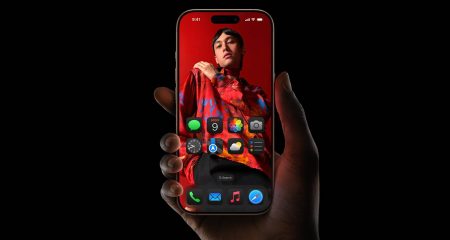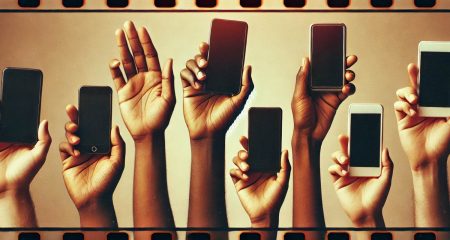
Deloitte expects demand for consumer devices to continue to grow in 2012, even in countries that continue to feel the effects of the global economic downturn.
Developed markets, however, are expected to experience lower growth in technology sales than emerging markets. Deloitte reckons mobile device sales will continue to grow and expects both mobile and fixed connectivity providers to evolve their business models to meet ever-increasing demand from consumers for data.
These findings are contained in the 11th edition of Deloitte’s annual report on its predictions for the technology, media and telecommunications.
One of the interesting findings is that about 5% of tablet sales in 2012 will be to individuals or households that already have a tablet.
Paul Lee, global director at Deloitte research, says there are various reasons people buy multiple tablets, one of them being consumers want to use different form factors for different purposes. He says smaller tablets are more portable, meaning they’re often carried, while larger tablets remain in the home or office.
“The business model for distributing tablets is going to change, too,” says Lee. He expects a significant shift to the razor blade model, where manufacturers sell razors below cost and generate profits from subsequent sale of blades. He provides the example of the Kindle Fire — Amazon.com’s 7-inch tablet — that is essentially sold at cost, or even below cost, with the sale of value-added content bringing in the profits.
Deloitte believes tablets are also “replicating or replacing paper” for note taking and document storage and retrieval.
According to Lee, there is little chance of seeing a unified device that meets all of a consumer’s communication needs. “We accumulate the ways in which we communicate,” he says. “I can say with some certainty that we will never have ‘the single converged device’.”
Deloitte anticipates smartphones and tablets will be adopted widely as “portable PVR (personal video recorder) devices” in 2012, with consumers preloading video on them for consumption while travelling.
Although there will be more than 2m applications available for mobile devices by the end of 2012, Deloitte expects the percentage that are paid for — or even downloaded — will shrink. This could, however, be combated if developers produce more locally relevant content.
“Germany is the largest European country, with 80m people, but there was only one localised application in the iTunes top 10 paid applications list as of 12 January 2012,” Lee says.
On the growth of smartphones, Deloitte predicts that by year-end more than 500m smartphones, with a retail price of US$100 or less, will be in use worldwide. Lee says it’s important to note that there is a difference between the consumer perception and the industry definition of a smartphone.
He says industry defines a smartphone by parameters such as its having an open operating system with an accompanying software developer kit and that can use native application programming interfaces and so on. Consumers, meanwhile, consider features such as touch capability or the ability to use certain applications as sufficient to denote a phone as “smart”.
Lee adds that the specifications between $100 smartphones and high-end devices remain rather different, particularly in terms of processing power, storage capabilities and the quality of cameras. He doesn’t expect this gap to close any time soon.
In terms of connectivity, Deloitte says it expects more developed countries to move to fixed-line data caps and away from uncapped products, particularly the most prolific Internet-using nations such as the US, Germany, Japan and France.
Mobile data volume is expected to continue doubling every year, but in developed markets growth has been slower in response to more restrictive usage policies.
“In the US, AT&T’s data volume growth was not 100%, but 40%,” Lee says. In the UK, meanwhile, Vodafone’s was only 20%. “There was an immediate response to mobile data limitations and consumers are turning to alternatives like Wi-Fi to reduce costs.”
Lee also expects greater use of short-range, often device-to-device connectivity as it offers both better speeds and negates the need for data usage. Though short-range connectivity solutions like Bluetooth are now used more for voice than other purposes, Lee says these means will become more popular for data.
Deloitte also expects mobile operators to encourage and perhaps even facilitate Wi-Fi offload as a means to alleviate network congestion while maintaining service levels. — Craig Wilson, TechCentral
- Subscribe to our free daily newsletter
- Follow us on Twitter or on Google+ or on Facebook
- Visit our sister website, SportsCentral (still in beta)




